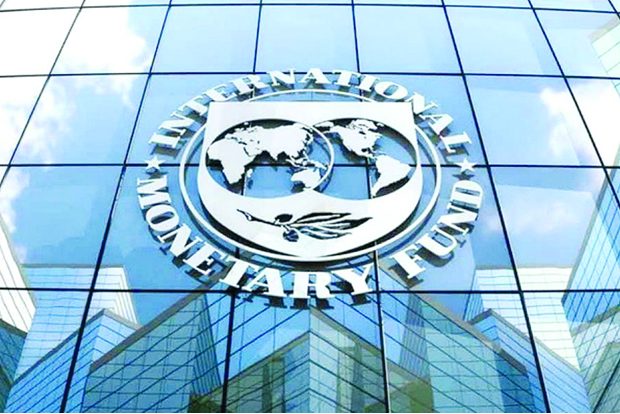The International Monetary Fund (IMF) has raised concerns over illicit financial flows (IFFs) from Nigeria, warning they continue to undermine public revenue, weaken institutions, and obstruct development.
Speaking at the 2025 IMF–World Bank Annual Meetings in Washington, IMF Managing Director Kristalina Georgieva said Nigeria stands to benefit from the Fund’s renewed focus on tackling illicit finance.
“For countries like Nigeria, tracking illicit financial flows is critical to plugging fiscal leakages that hold back sustainable growth,” Georgieva said.
IFFs ranging from stolen public funds and criminal proceeds to untraceable digital transactions, pose growing risks to fiscal stability, especially in developing economies. Georgieva warned that the rise of digital currencies has made the flows harder to track.
“You may have money that’s simply stolen or diverted into criminal activity. With digital currencies, these transactions can occur without trace,” she said.
The IMF has strengthened its anti-money laundering and financial crime framework, making IFF assessments a standard part of its Article IV economic consultations with member states. For countries requesting IMF financial assistance, program designs will now include specific measures to tackle systemic IFFs.
The Fund is also offering technical assistance and training to help national authorities improve detection and response systems. According to Georgieva, addressing illicit flows is as much about governance as it is about finance.
The IMF’s Governance Diagnostics initiative now works with countries to identify institutional vulnerabilities that allow corruption to thrive. “This is not an audit—it’s about fixing the structural gaps where problems take root,” she added.
The Fund also called for closer collaboration between governments, civil society, and international partners, citing successful partnerships in Kenya and Sri Lanka as examples.
Growth Outlook Revised Upward
Despite concerns over illicit capital movement, the IMF has revised Nigeria’s 2025 GDP growth forecast upward to 3.9%, citing stronger oil production, improving investor sentiment, and continued structural reforms.
The October 2025 World Economic Outlook also raised Nigeria’s 2024 GDP estimate to 4.1%, while projecting 4.2% growth in 2026. The Fund said reforms in the energy and financial sectors have boosted confidence and attracted capital inflows.
Inflation remains a concern, though it is expected to moderate from 31.4% in 2024 to 23.0% in 2025, and further to 22.0% in 2026, as price pressures ease and monetary policy tightens.
Nigeria’s current account surplus is forecast to narrow from 6.8% of GDP in 2024 to 5.7% in 2025, and 3.6% in 2026, due to rising imports.
Part of the improved growth outlook stems from Nigeria’s national accounts rebasing, with 2019 now used as the new base year. The updated data captures sectors like informal agriculture, modular refining, and the digital economy, raising nominal GDP by over 40%.
Regional and Global Trends
The IMF also upgraded Sub-Saharan Africa’s growth forecast to 4.1% in 2025 and 4.4% in 2026, supported by economic reforms in countries like Nigeria and Ethiopia.
Globally, however, growth prospects have dimmed. The IMF revised its 2025 global growth forecast down to 2.8%, citing geopolitical tensions, slowing trade, and continued fallout from global tariff disputes.
Despite global uncertainties, Nigeria’s upward revisions reflect a more resilient economy—one that, according to the IMF, must continue reforms and strengthen oversight to sustain growth and macroeconomic stability.
By:Emeka Anaeto
Source: Vanguard



